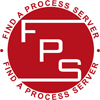This is the else statement!!!!!!!!!!!!!!!!!!!!!!!!!!!!!!!!!!!!!!

FIND A
PROCESS SERVER
The Solicitor's Choice
Call us now on: 0161 710 3880


